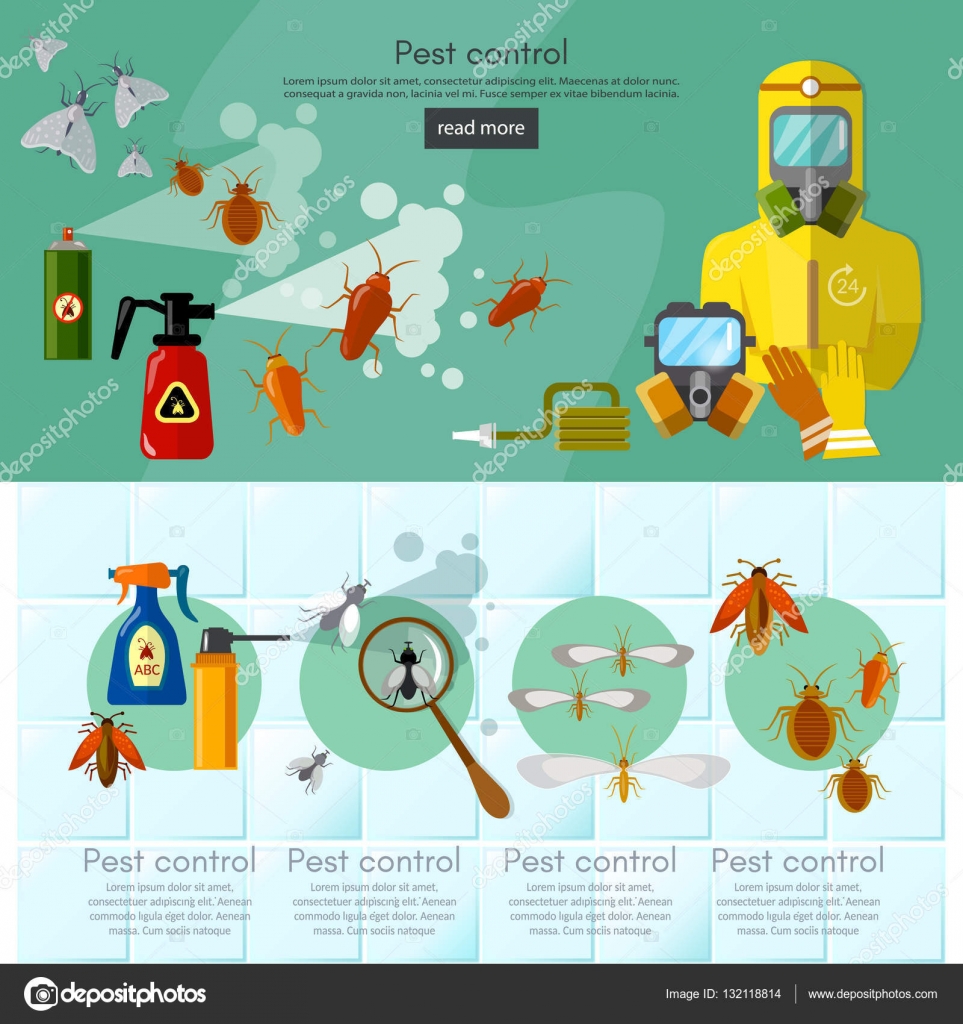Prepare Yourself To Transform Your Garden Into A Pest-Free Haven Making Use Of These Innovative Recommendations And Techniques
Prepare Yourself To Transform Your Garden Into A Pest-Free Haven Making Use Of These Innovative Recommendations And Techniques
Blog Article
ant removal service By-Frandsen Sharma
Visualize your yard as a refuge, a place of serenity and elegance. Nonetheless, the presence of outside pests can promptly disrupt this idyllic picture. What if there were basic yet efficient ways to maintain these undesirable site visitors at bay and shield your garden sanctuary? By adhering to a few sensible pointers and implementing natural approaches, you can develop a harmonious outside area where your plants can prosper uninterrupted.
Natural Pest Deterrents
To maintain parasites far from your yard normally, plant aromatic herbs like mint and lavender. These aromatic plants not only add appeal to your yard but also act as efficient insect deterrents. Pests like insects, flies, and even some garden-damaging insects are repelled by the strong scents released by these herbs. Just placing them purposefully around your garden can assist develop an all-natural barrier versus unwanted insects.
Along with mint and lavender, think about growing various other herbs like rosemary, basil, and lemongrass to better improve your yard's pest-proofing capacities. These natural herbs not just function as natural repellents however additionally have the added benefit of serving in cooking or crafting home made remedies.
Strategic Plant Placement
Think about the format of your yard and the kinds of plants you have to tactically put them for maximum pest-proofing efficiency.
Begin by organizing plants with comparable resistance to pests with each other. By doing this, you can produce an all-natural obstacle that deters pests from spreading out throughout your garden.
In addition, positioning pest-repelling plants like marigolds, lavender, or mint near even more prone plants can help secure them. High plants, such as sunflowers or corn, can act as a guard for shorter plants versus pests like rabbits or ground-dwelling pests.
Remember to leave sufficient room in between plants to boost air circulation and minimize the risk of conditions that pests could carry.
Furthermore, take into consideration growing strong-smelling herbs like rosemary or basil near vulnerable plants to perplex parasites' senses and make it harder for them to find their targets.
Reliable Pest Control Techniques
For combating garden pests effectively, applying a multi-faceted insect control technique is vital. Beginning by motivating all-natural killers like birds, ladybugs, and praying mantises to assist maintain pest populations in check. Introducing plants that attract these beneficial insects can help in pest control. Furthermore, exercising good yard hygiene by getting rid of debris and weeds where parasites may hide can make your yard much less hospitable to unwanted site visitors.
Think about utilizing physical barriers such as row cover textiles or netting to safeguard prone plants from insects like caterpillars and birds. Using natural pesticides like neem oil or insecticidal soap can likewise work versus particular bugs while being much less hazardous to valuable pests and the environment. It's vital to revolve your plants each period to stop the build-up of insect populations that target certain plants.
Routinely inspect Read the Full Piece of writing for signs of pest damages so you can act immediately. By incorporating these approaches and staying cautious, you can successfully control yard parasites and appreciate a growing, pest-free yard.
best flea and tick treatment for yards , there you have it - with the best techniques, you can maintain pesky exterior parasites away from your garden and help your plants flourish.
Did you recognize that growing mint has been revealed to fend off mosquitoes and other pests, decreasing the need for unsafe pesticides by approximately 60%?
By integrating natural deterrents and clever planting strategies, you can create a beautiful and pest-resistant garden sanctuary for you to delight in.
